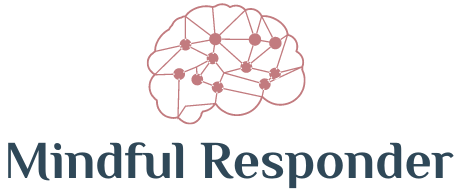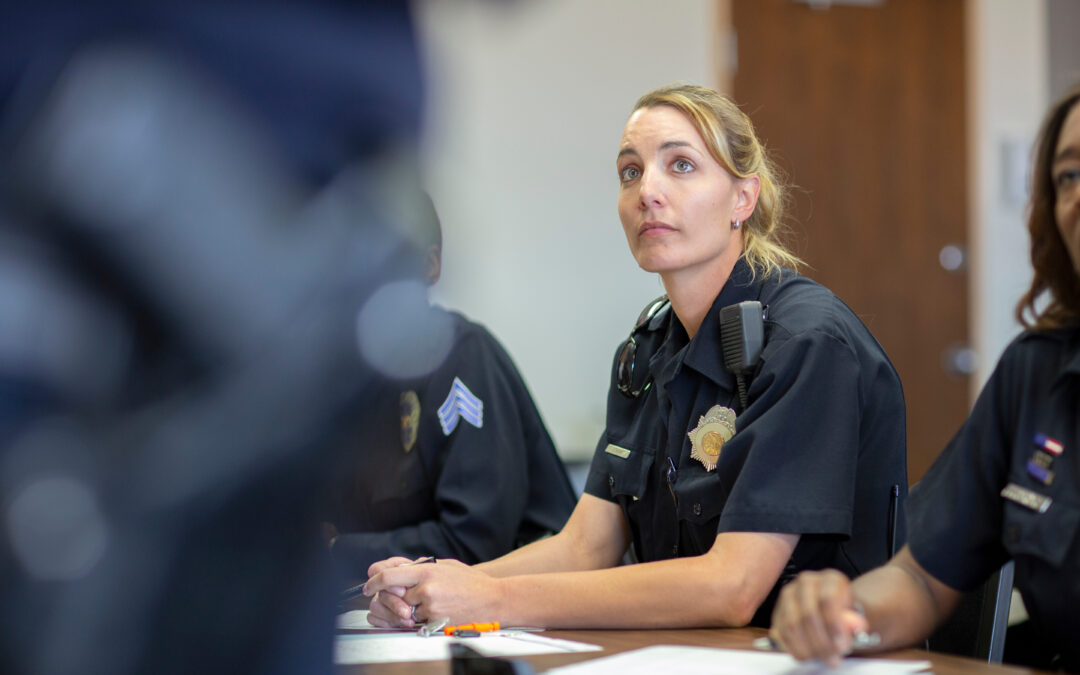There has long been criticism of mindfulness for distracting from the actual work of improving the so-called system. American mindfulness, it is argued, puts the onus on the individual for what are more generally political and systemic failures. It is, they say, a distraction from suffering that could be alleviated if we had the political and social will to do so. Unfortunately, this is not a totally unfair criticism.
I was reminded of this recently when Eric Adams, mayor of New York City, announced that “mindful breathing” would be part of NYC’s pre-K through twelfth grade curriculum beginning in Fall of 2023. Not necessarily a bad idea, but this announcement comes after findings that NYC’s public schools are falling dangerously behind, particularly in math. To critics of this plan, mindful breathing in school is a distraction from more fundamental issues, such as school safety and instruction.
Critiques of Mindfulness
Ronald E. Purser, professor of management at UCSF, has long warned of American mindfulness as a sort of anesthesia. Chronic stress, he says, usually has causes external to the individual. American mindfulness has a tendency to have us ignore the external and instead focus, rather hedonistically, within.
For example, in parts of California, where I live, asthma is endemic. Mindful breathing can’t change that. What might make a difference would be regulations and practices that reduce harmful particulates in the air people breathe. But this would require real political work — coalition building, compromise, tough decisions, economic investments. Likewise, mindful breathing probably won’t improve student safety or math scores if other (perhaps more challenging) problems aren’t simultaneously addressed.
When I wrote Mindful Responder way back in 2019 – which does feel like a lifetime ago – I had no intention of positioning mindfulness as a means for distracting from the very real problems first responders face – problems such as:
- chronic fatigue due to shift work
- unsupportive leadership
- physical injury
- poor pay and benefits
- short staffing
- familial strain
- responding to substance abuse and homelessness and violence epidemics
- insufficient funding for equipment and training
- political/social polarization
These problems are very real, and they really suck for the first responders who have to deal with them. It doesn’t have to be this way. We could, with sufficient work and will, change the systems that causes a lot of this stress. We should.
For example, we know that insufficient rest is really bad for health and performance. While we can’t promise every first responder will be well rested on each shift, we can remove some of the obstacles that lead to chronic fatigue, such as extended shifts and unequal workloads. We could invest in napping rooms (“restorative rest” – it’s happening!) or chronotyping shifts. We could, above all, create cultures that recognize the risks of chronic fatigue and see adequate rest as a matter of health and productivity and resilience.
All possible. Let’s do our part, each of us and together. Above all, let’s recognize that it’s possible, that the status quo is a choice too …
Finding Balance in Being and Doing
On the other hand, of course, there’s only so much any one of us can do. Life is short; resources limited. We must do our part to make things better, and then we must be at peace with it. Is this an easy balance to strike? No! In many ways, this is the greatest challenge of living.
I emailed back and forth with Professor Purser when I was writing my book. One thing he acknowledged is that the work of first responders is inherently different from that of most other professions. Whether you realize it or not, you are in the business of alleviating suffering. Not many people can say that.
But with this unique professional vantage arises an interesting challenge: because you are a first responder, you are around human suffering often. And this is where I think mindfulness has something to offer you. After about five years of swimming in human misery, you tend to adapt to it. You bring it home with you. You came in physically fit and optimistic, but eventually your body feels the toll and you get wise to the world (i.e., cynical). This is natural, given the circumstances.
But it’s also a problem: The system itself drains you of agency and energy to collectively evolve. “200 years of tradition, unimpeded by progress,” as they say.
Mindfulness for First Responders
The application of mindfulness to this challenge, at least as I see it, is fundamentally different from offering mindful breathing to kids failing math. In the Zen tradition of meditation, as I practice it, we sit with our eyes open, because we aren’t running away from the world. Its myriad calamities and beauties are always there for our open eyes, combining and separating, over and over.
This is, in a word, reality.
Mindfulness, as I understand it, is not a retreat into a perfected inner world. This would be cynicism. Instead we learn to find peace and clarity, as well as energy, to get good and essential work done in the world as it actually is. As time is swiftly passing …

